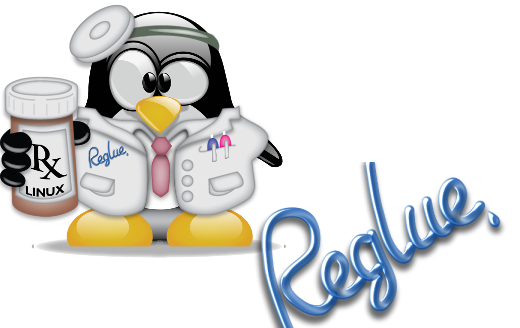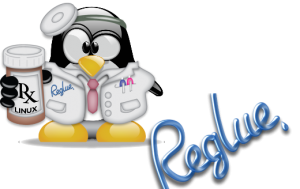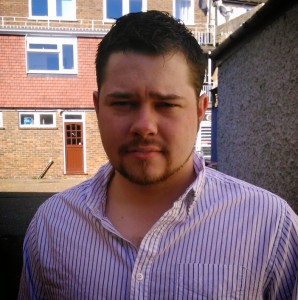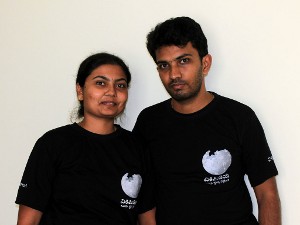 A few months ago, Brian Conner approached me and asked if I would be interested in talking to him about what we do at Reglue. He wanted to write an interview/story for Linux Journal.
A few months ago, Brian Conner approached me and asked if I would be interested in talking to him about what we do at Reglue. He wanted to write an interview/story for Linux Journal.
I was not only surprised, I was honored to think that what we do might be of interest to the greater Linux/FOSS community. The article was published in the June issue of Linux Journal. Friends from all over the world are still emailing me, asking if I have seen the article.
Indeed I have, thank you.
What amazed me more was the conversation the story generated on Reddit and Slashdot. I don’t think it made the front page on either site, but there was a good number of comments and feedback, which we are going to talk about now.
Ken Starks is the founder of the Helios Project and Reglue, which for 20 years provided refurbished older computers running Linux to disadvantaged school kids, as well as providing digital help for senior citizens, in the Austin, Texas area. He was a columnist for FOSS Force from 2013-2016, and remains part of our family. Follow him on Twitter: @Reglue







 There were days past when I let my idealism and fervor dictate my thoughts and actions. I saw magnificent potential in Linux as a desktop operating system. With all my heart and soul, I evangelized for a competitive presence of Linux on the desktop. Like many idealists, I ignored the facts and barreled ahead as if by sheer will I could blow obstacles to dust that would dissipate in my wake.
There were days past when I let my idealism and fervor dictate my thoughts and actions. I saw magnificent potential in Linux as a desktop operating system. With all my heart and soul, I evangelized for a competitive presence of Linux on the desktop. Like many idealists, I ignored the facts and barreled ahead as if by sheer will I could blow obstacles to dust that would dissipate in my wake.
